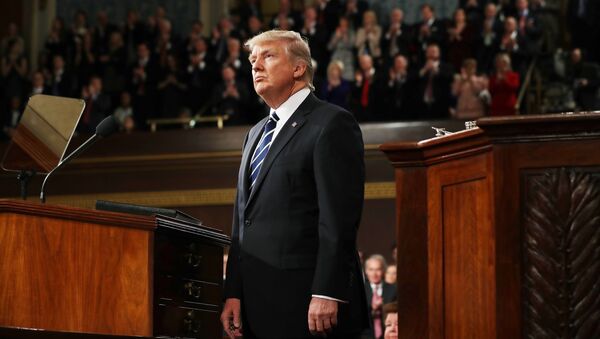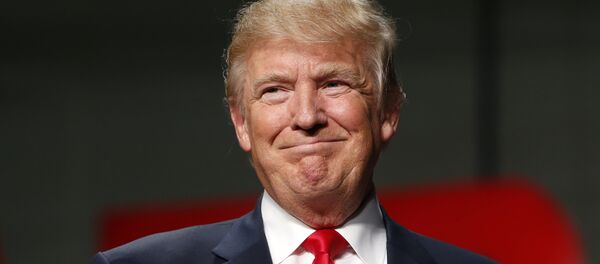Keen describes the debt ceiling as "basically an arbitrary number related to the level of GDP” that determines how much the government can borrow. He explained, “The reality is that because the economy is growing, the government tends to grow as well. It’s also a part of the reason why the economy does grow, and, therefore, as long as the nominal value of the American GDP continues rising, at some point you’re going to hit that ceiling and have to revise it again."
"It’s unfortunately a sideshow and really a large amount of nonsense," he added.
Loud and Clear host Brian Becker brought up a speech by former Federal Reserve Chairman Ben Bernanke called "The Great Moderation," where he posited that the fed’s ability to manipulate monetary policy would stave off recession and economic depression.
The millions of home foreclosures and widespread unemployment of the country’s most recent recession proved contrary to his predictions. "There was no great moderation, in fact, there was a tremendous economic contraction," Becker noted. "Do economists have the ability to know what’s coming next?"
"No," Keen said.
"The trouble is they believe an alternative reality, which was doing very well until August of 2007. If you look at the unemployment data and the inflation data since 1980, you see this trend for inflation to fall over time and employment to fall over time and they interpreted that as being due to their good economic management and thought the ultimate outcome was going to be a very stable economy with low unemployment and low inflation."
Keen suggests that this phenomena really indicates a financial crisis, as the trends actually reflect increased personal debt, saying at some point people stop borrowing and the economy "tanks," which is what happened in the 2008 crisis.
"So there’s quite a sensible explanation of what happened in that period that they could avail themselves of, but that involves changing their mindset, and that is probably the hardest thing for humans to do," said Keen.
Becker offered that vested interests like banks and real estate companies are to blame for economic crises as much as flawed thinking, pointing to their role in extending low-cost credit to people that became increasingly expensive.
"There are people making money hand over fist at our expense and they will sell you anything," Keen replied. "They could do this because they were covered by people like (Alan) Greenspan and Bernanke who believed this securitization and selling off of debt was stabilizing the economy."
He added, "There’s a vested interest who are covered by people that believe this stuff works, and the financial crisis should’ve been a wake up to call to them, but most prefer to remain sleeping."






